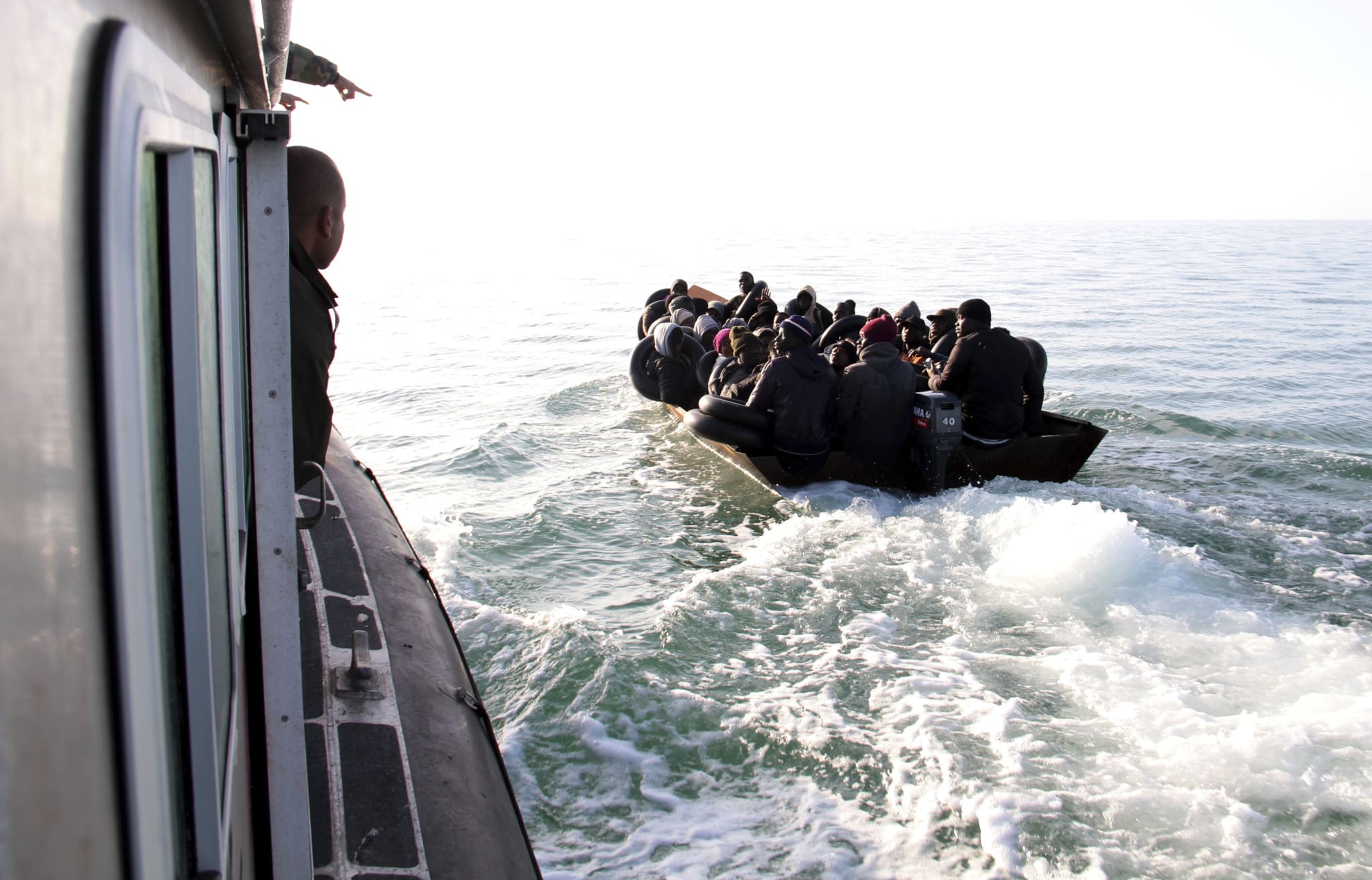Italy will establish two asylum centers in Albania for the offshore processing of illegal migrants arriving at its southern border from across the Mediterranean, Italian Prime Minister Giorgia Meloni announced on Monday.
Speaking at a joint press conference in Rome after a meeting with her Albanian counterpart Edi Rama, Meloni announced the signing of a memorandum of understanding on migration management. The protocol will become operational by spring 2024.
The Italian government will open two camps in Albania, financed by Rome. Those who arrive in Italy during a sea rescue operation will be transferred to the Albanian camps. According to the prime minister’s office, the memorandum of understanding does not concern the official rescues carried out by NGOs but by the Italian authorities.
Meloni said that the two camps could accommodate 3,000 people at a time. Women, children, and vulnerable people arriving in Italy by sea rescue will not be admitted to the Albanian camps.
One camp will be in the coastal area of Shengjin and the other in the town of Gjader. New arrivals will be processed at the former, and anyone deemed to have arrived without permission or a valid right to asylum will be transferred to the latter for deportation.
Albanian police will be responsible for the security control of the camps. The Italian prime minister said that the camps are aimed at curbing the influx of newcomers from the African mainland.
“This is the first agreement of its kind, which is why it is of historic importance for Italy and for the European Union as a whole,” Meloni said.
“Italy’s call was answered by Albania,” added Edi Rama. The Albanian prime minister acknowledged that Italy is particularly affected by illegal immigration due to its geographical location and that Albania was willing to help.
He noted that Albania is not a member of the EU, but still considers itself part of Europe and looks at common problems with a European perspective.





